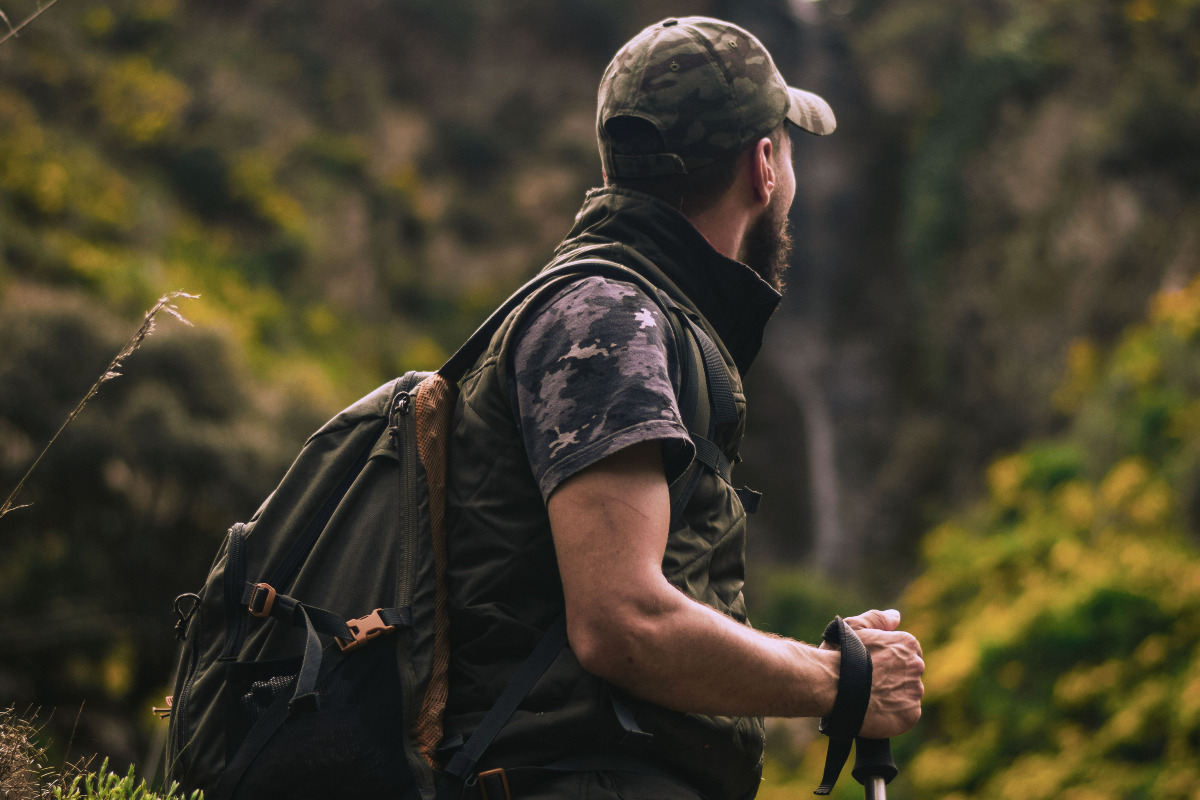
Being idle can shift negative behaviors into high gear, especially in recovery when you have more free time because you’re no longer using substances. A person in recovery should work hard to reconnect with and seek new hobbies and activities.
Finding new things to do can help you heal and allow you to reacquaint yourself with your likes and dislikes and rediscover your true values. Discovering new hobbies early in recovery is one of the best ways to build a community that doesn’t include substances. People coming together to participate in activities that interest them creates camaraderie, well-being, and friendships.
Participating in New Activities
Look at the world from a new perspective and start participating in sober activities that interest you; by doing that, you help yourself succeed in your recovery journey. New sober activities can:
- Create a distraction from negative thinking
- Minimize isolation and loneliness
- Relieve stress
- Foster resilience
- Boost confidence
- Raise self-esteem
Acquiring New Hobbies
The best way to find new hobbies is to expose yourself to many new activities and maybe even take some classes to explore options. Some potential ideas are:
- Art classes
- Team sports
- Music classes
- Yoga and meditation
- Volunteer work
- Get a pet
- Equestrian sports
- Martial arts
Education and Job Training
Recovery is the perfect time to pursue a new career or get more education. It fills your time with positive people, solid job skills, and a new way to look at life, not to mention a new community that will learn with you and help you stay focused on your newfound goals. To get started exploring career and education opportunities:
- Start with your local job bank for free career counseling and occupational testing
- Look for internships or apprenticeship opportunities
- Take advantage of your local public library as a resource
- Visit start parks and learning centers
- Use volunteering opportunities to get on-the-job training, allowing you to learn and give back at the same time
Apply Critical Thinking to Resist Cravings
When trying to have fun without substances, remember that your brain may play tricks on you to obtain substances, especially early in your recovery. Be prepared and look closely at your surroundings; make sure there are no triggers. Remember to use your critical thinking and ask yourself questions that promote sobriety, such as:
- Why do I want to use a substance?
- Will it make an already enjoyable activity better?
- Is what I am doing causing stress or anxiety?
- Am I feeling low or isolated?
- What is driving this trigger?
Your New Healthy Life
When looking at your new healthy world, any new hobby will work as long as you pursue activities you genuinely enjoy. Reading, video games, sports, whatever it is, make sure it is something you are enthusiastic about. Make sure to structure your day so that you put in time doing something you genuinely enjoy that relaxes you. It is essential to your sobriety to prioritize yourself and your interests.
Some people do better with a buddy or in team activities. Remember that isolation will undermine your sobriety, so pursue interests that will help you build a new sober peer group that is as enthusiastic as you and who will hold you accountable and cheer you on. Developing friendships and a sense of community supports your sobriety. Don’t forget that team activities naturally foster camaraderie and friendship, so consider joining a team sport or activity.
Scheduling activities you truly enjoy and are passionate about can help your mental and physical life. Getting out to do activities you enjoy will make you feel much happier and more relaxed; an added bonus is better sleep, which is essential to overall health.
Becoming Active Doesn’t Have to Be Expensive
You don’t have to break the bank to find new friends and activities; plenty of activities only require a desire to do them: walking, hiking, and getting outside are beneficial and cost nothing. Some sports require minimal financial outlay. Sports, classes, and activities offered through cities frequently cost very little but offer wonderful benefits and community. Don’t forget your public library for free or low-cost programs that get you out into the community.
The only thing holding you back is yourself; the opportunities are endless, and a quick Google search can get you started and give you ideas. Google can point you in the right direction to find out what is happening in your community. You may find a brand-new activity that way without even knowing it was something that would pique your interest. No matter where you are in your recovery, you can find activities you enjoy.
By acquiring new hobbies and activities, you can find hope for a happy, healthy future. The Guest House offers treatment programs that integrate traditional and holistic therapeutic modalities that can help you discover new healthy activities. Located on 52 acres near Ocala National Park, you can find a peaceful spot to read a book or find tranquil settings for meditation. In addition to traditional talk therapy, The Guest House uses complementary therapies, including equine therapy, art and music in healing, psychodrama, adventure therapy, conscious-connected breathwork, and somatic therapy. In these therapies, you may find an interest you want to pursue after treatment. The Guest House offers multiple levels of care, including an alumni program for support after you finish treatment. The caring staff will help you remember how to have fun without substances. Let us help you find your healthy self and future. Call us today at (855) 483-7800.